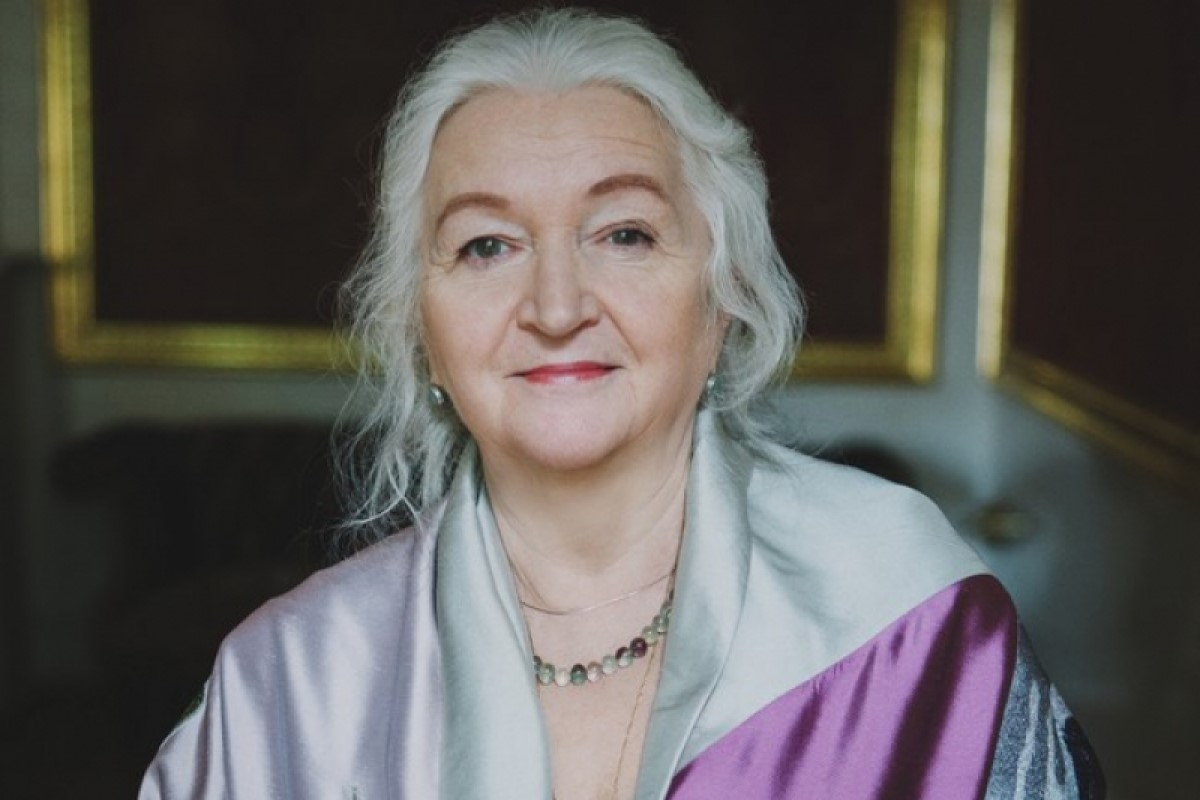Tatiana Chernigovskaya: You can only be born a genius

The world is changing rapidly, and humanity simply needs to adapt to these changes. Professor Tatiana Chernigovskaya, Head of the Institute for Cognitive Studies of St Petersburg University, Corresponding Member of the Russian Academy of Education, told Moscow teachers how to use cognitive psychology and neuroscience in teaching.
According to her, there are many different predictions of how society will evolve. On the one hand, this world will become increasingly dangerous; on the other hand, opportunities will also increase.
‘We have an extremely complex brain. All of our achievements are possible because of it. We are talking about an enormous neural network – nearly 100 billion neurons and a gigantic number of connections between them. Each neuron can have up to 50,000 and some up to 100,000 connections to other parts of the brain. If you multiply all that, you receive gigantic amounts. Cognitive science studies how we think, how we make decisions, and how we control our thought processes. All of this has a direct impact on our future’, explained Tatiana Chernigovskaya within the framework of the project ‘School for Modern Teachers: X-lab at the Russian Academy of Education’.
Which, then, matters more – genes or upbringing? Answering this question, Tatiana Chernigovskaya, Doctor of Biology, said that it is impossible to choose between the two. Both genes and upbringing play an important role in a child's development.
You cannot become a genius, you can only be born one. But even good genetics may not be enough without the right conditions for development and formation.
Professor Tatiana Chernigovskaya, Head of the Institute for Cognitive Studies, St Petersburg University, Corresponding Member of the Russian Academy of Education
In addition, Moscow teachers learned what mathematics and music have in common. According to the expert, the word 'beauty' applies not only to art, but also to mathematics.
‘If a mathematician is shown an equation while their head is in a tomographic scanner, their brain activity will be the same as if they were listening to Johann Sebastian Bach. A tomography scanner recognises beauty regardless of whether it is science or art,’ shared Tatiana Chernigovskaya.
During the workshop of the Russian Academy of Education for Moscow teachers, she also listed the main characteristics of the new world. Firstly, it is transparency: modern technology makes it possible to know about your every move. Secondly, the world is becoming hybrid: you sometimes do not know exactly with whom you are communicating because that is how social networks are made. And thirdly, it is an interactive world that is beginning to live autonomously: the Internet of Things and digital reality are becoming more widespread.
The world is changing all the time, it is never stable. But first it took hundreds of thousands of years, then tens of years, then years, and now days. We may not make it on time. Can our nervous system withstand such speed?
Professor Tatiana Chernigovskaya
The second part of the laboratory workshop for teachers was devoted to different periods of children's development. Tatiana Chernigovskaya, Corresponding Member of the Russian Academy of Education, looked at how thinking works at different ages. Particular attention was paid to the issue of selecting teaching strategies according to the age and individual characteristics of students.
‘The duration of maturation of the various functions that are involved in both learning and development of reading, writing and numeracy can vary. For example, there is a large individual variation for primary school children and pre-schoolers, almost as much as two years. That is, a child who is five years old may already have a certain skill, while a seven-year-old does not know how to do it yet: he or she will catch up later,’ said Tatiana Chernigovskaya.
She underlined that due to changes in the world, there is a need for retraining of psychologists and teachers who work in the school system. It is necessary to introduce the achievements of modern science in the teaching and learning process. This is because now, despite the abundance of information, scientific knowledge is poorly disseminated, which significantly reduces the effectiveness of learning.

